Pest Resistant Bulbs
Gardening Information
By Cheryl Underwood, Red Butte Garden Horticulturist
Gardeners in the Mountain West often share space with four-legged creatures that view our gardens as a smorgasbord. We are ever on the lookout for plants that are less palatable to wildlife. Some bulbs resist grazing either because they are unpalatable, have an undesirable odor, or are poisonous to ingest.
The following list includes bulbs grown at Red Butte Garden that are less likely to be damaged or consumed by unwelcome critters. You should note that these plants can also affect humans and pets. Take special consideration when adding these bulbs to your landscape.
Spring blooming:
- Ipheion uniflorum (Starflower)
- Galanthus spp. (Snowdrops)
- Leucojum aestivum (Summer Snowflake)
- Fritillaria: Common species include F. meleagris; F. uva vulpis; F. imperialis; F. persica; F. pallidiflora
- Narcissus (Daffodil)
- Hyacinthus orientalis (Common Hyacinth or Dutch Hyacinth)
- Hyacinthoides hispanica (Spanish Bluebell or Wood Hyacinth)
- Chionodoxa spp. (Glory of the Snow)
- Crocus tommasinianus: While most crocus are palatable to critters, it seems that this species is less so.
Summer and fall blooming:
- Camassia quamash (Camas) This Utah native likes more moisture than most other bulbs.
- Allium spp. (Ornamental Onion)
- Colchicum sp. (Naked Ladies or Autumn Crocus) This bulb produces foliage in the spring that dies back and then produces blooms in the fall.
As a final note, pesky critters will eat almost anything if they are hungry enough. There is no bulb that is 100% critter proof. For information on specific bulb toxicity to humans and pets, please visit https://plants.ces.ncsu.edu/find_a_plant/.
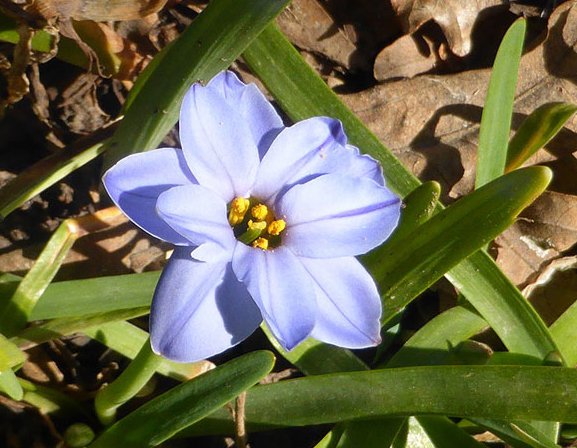
Ipheion uniflorum (Starflower) photo: Heidi Simper
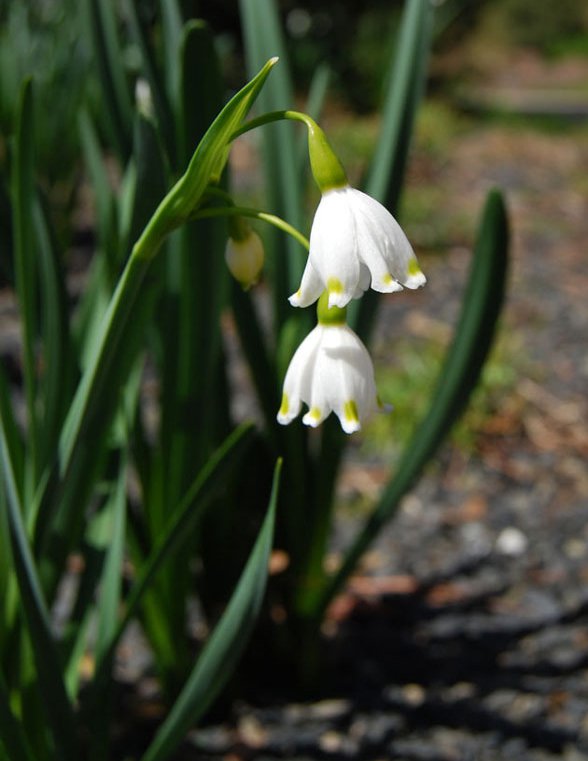
Leucojum aestivum (Summer Snowflake) photo: Neal Dombrowski
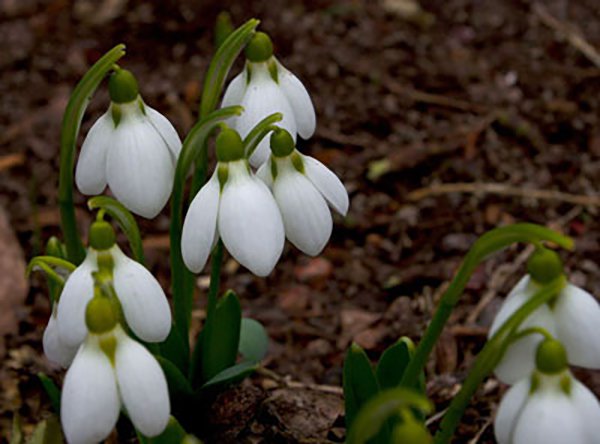
Galanthus spp. (Snowdrops) photo: Jason Baker
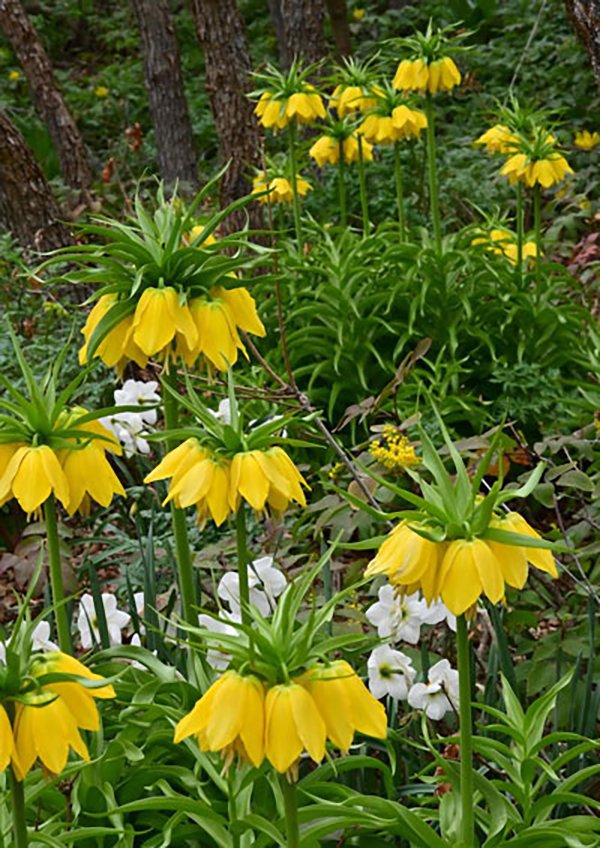
Fritillaria: Common species include F. meleagris; F. uva vulpis; F. imperialis; F. persica; F. pallidiflora photo: Glenn Eurick
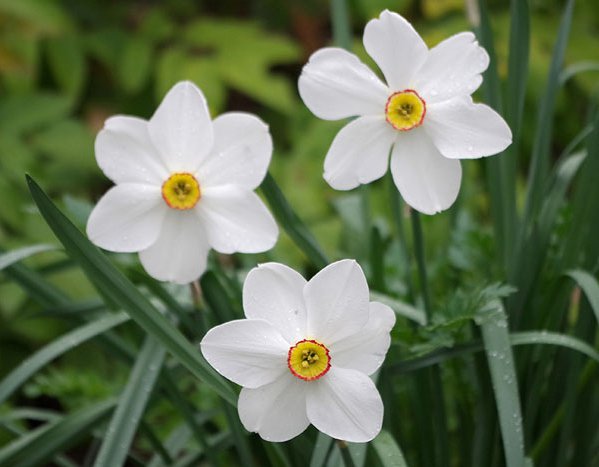
Narcissus 'Pheasants Eye' (daffodil) photo: Jason Baker
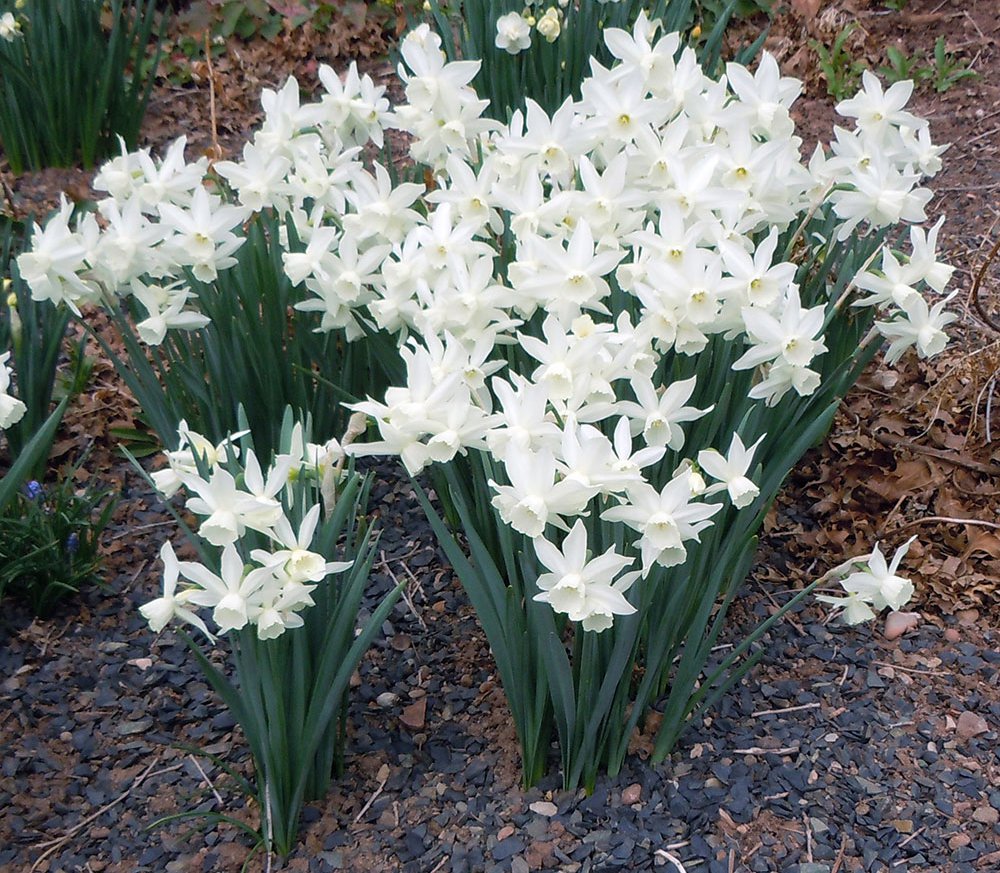
Narcissus 'Thalia' (daffodil) photo: Jason Baker
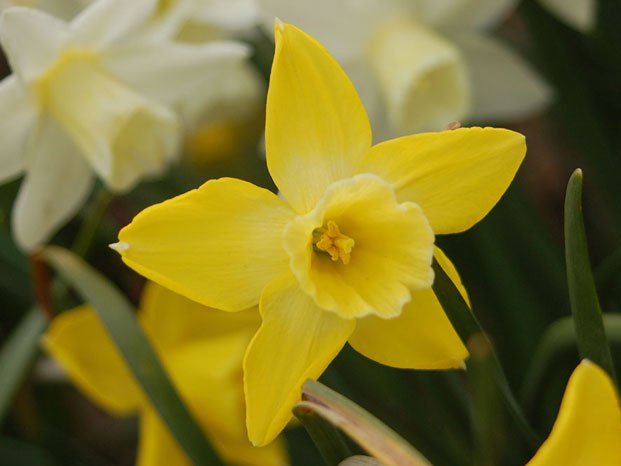
Narcissus 'Hillstar' (daffodil) photo: Jason Baker
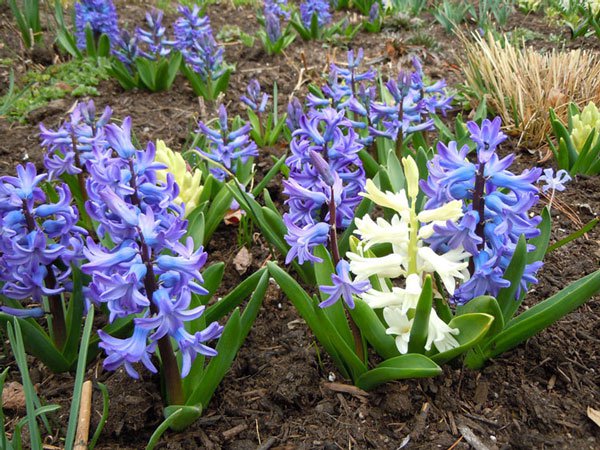
Hyacinthus orientalis (Common Hyacinth or Dutch Hyacinth) photo: Jason Baker
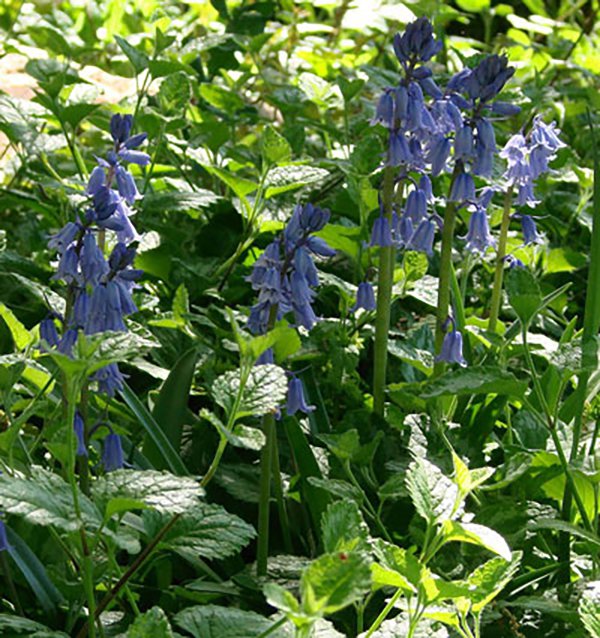
Hyacinthoides hispanica (Spanish Bluebell or Wood Hyacinth) photo: Jason Baker
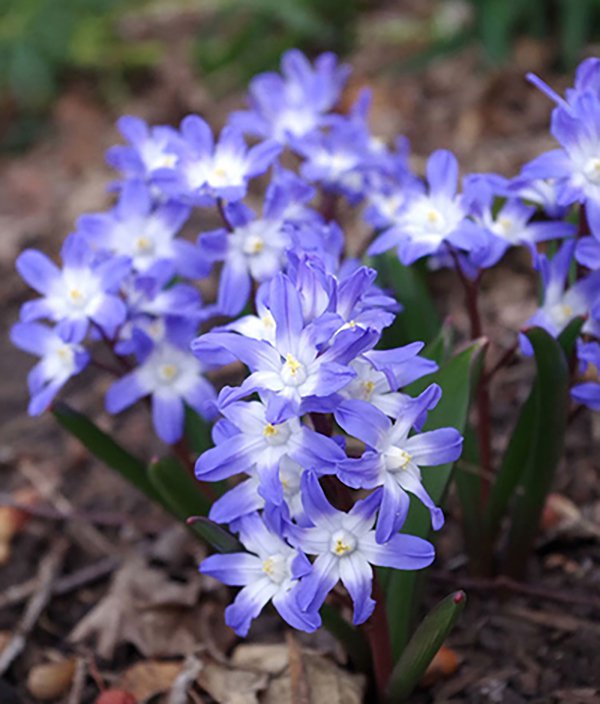
Chionodoxa spp. (Glory of the Snow) photo: Heidi Simper
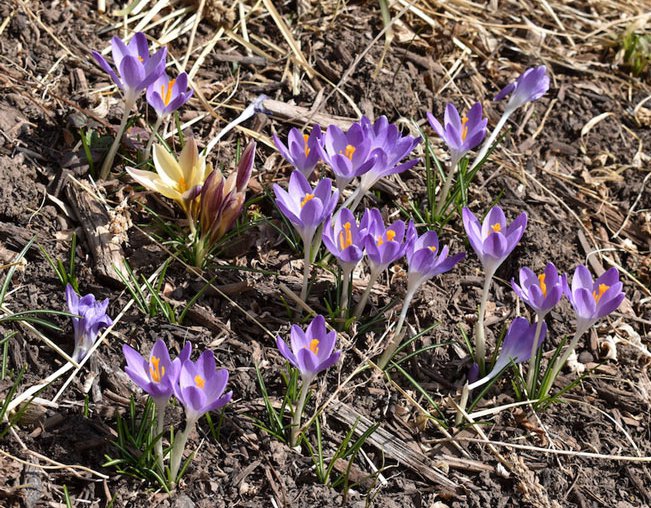
Crocus tommasinianus: While most crocus are palatable to critters, it seems that this species is less so. photo: Jason Baker
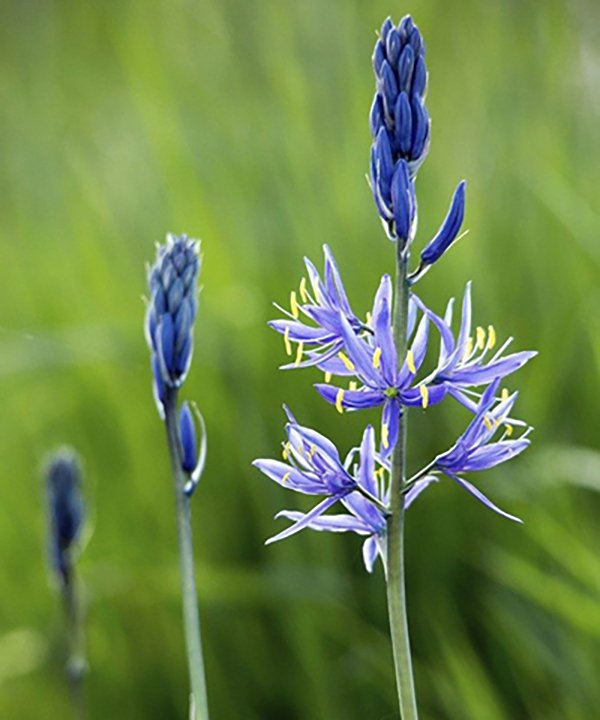
Camassia quamash (Camas) This Utah native likes more moisture than most other bulbs. photo: Jaime Loewen
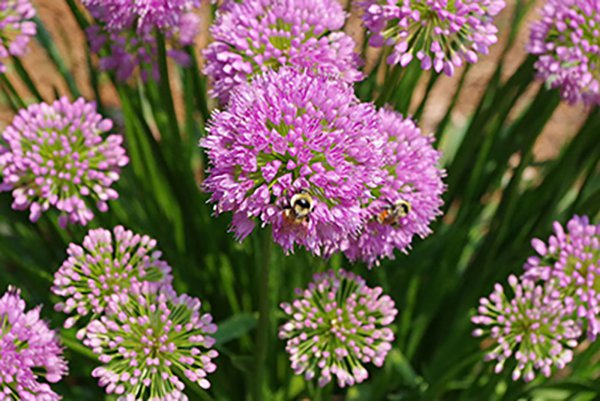
Allium spp. (Ornamental Onion) photo: Jason Baker
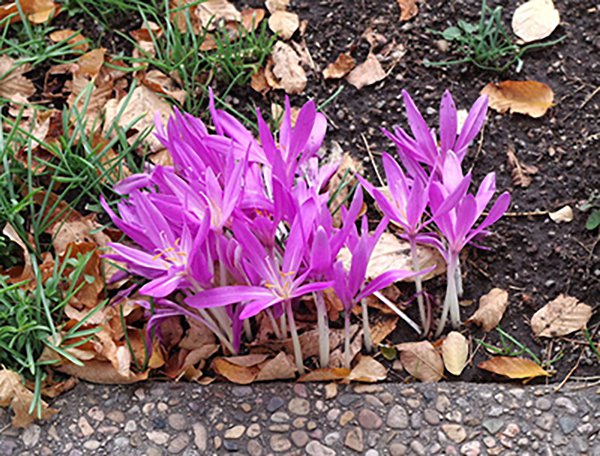
Colchicum sp. (Naked Ladies or Autumn Crocus) This bulb produces foliage in the spring that dies back and then produces blooms in the fall. photo: Jason Baker